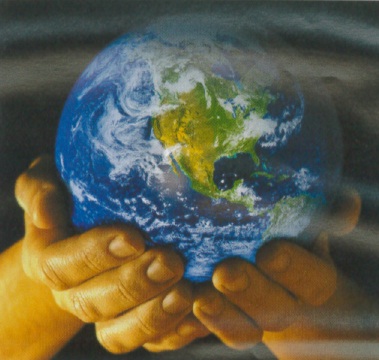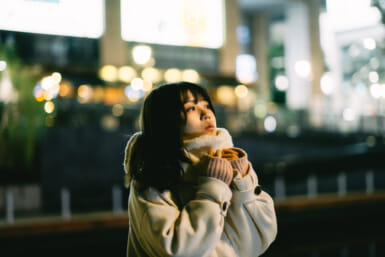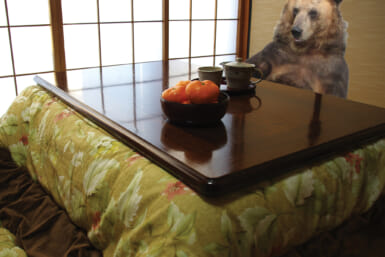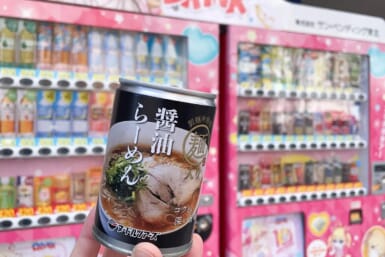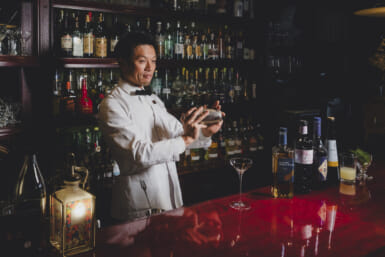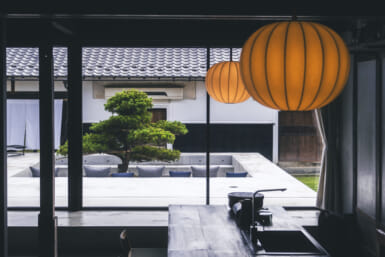Half-Japanese half-Americans tell their experiences of living, working, struggling and succeeding in Japan
by Laura Fumiko Keehn
As you can probably tell from my name, I am half Japanese and half American. I grew up here and there. This article was approached with a little trepidation; growing up in Japan has left me with a few quirks that are hard to shake. My mother’s country is quite conformist, and I instinctively hide anything about myself that is conspicuously different from my immediate surroundings. I’ve been a vegetarian all my life, but unlike my 100 percent American friends, I cannot ask the waiter to make something “without the meat” for fear of seeming too different. I prefer to pick the bacon bits out on my own. Similarly I instinctively never draw attention to the fact that I am half Japanese and half American.
I mean can you really blame me? Japan is such an exclusive society, you’re either in or you’re out. America on the other hand is so all accepting and all consuming, you are completely in whether you like it or not. I personally struggle against the assumption that it is a given for me to disregard my Japanese background. I’m also used to members of my own family calling me a gaijin. As in “this is my niece, she’s a gaijin.”
Jimmy Martin, half-Japanese half-American singer with the band fiVe sums it up; “Japanese think were not Japanese, and Americans think we’re not Americans, but we are! We’re both,” he shouts. Colin Smith, a half-Japanese half-American, has a special term for being “half.” “I don’t consider myself either Japanese or American, but I consider myself both or double.” Smith’s comments remind me of my father saying to me “You’re Japanese and American. You’re not a half of anything. You’re double.” The term sounded silly to me at the time and I didn’t like it.
I much preferred the accepted term of Hafu (Half). My friends at school called me that, when they called me anything at all. Most of the time I felt just like them: Japanese. The Japanese culture in particular can be very hard-line. This is a country where children born in Japan to a Japanese father must sue for Japanese citizenship if their parents were not married when they were born, and until quite recently, unless your father was Japanese, you could not get Japanese citizenship.
Smith, who has spent the majority of his life in Tokyo, describes how he uses blend-in tactics, adapting himself to his surroundings. “[When I’m around Americans] I act and consider myself American. The other way around would go the same,” he explains. To not draw attention to or have to explain ourselves, we downplay our other “half.” Smith admits that, as a child he would be treated like an outsider. “[The other kids called me] gaijin and left me out of their games. It was very hard for me at the time because I didn’t feel any different from the other kids, but I would be left out and I just didn’t understand the reason why.” Martin, who also went through similar experiences, agrees. “Japanese kids were not used to difference… I was weird… That discomfort is hard to forget,” he says.
Martin feels his Double background has been a mixed blessing. “In dramas and musicals, most parts are for full Japanese… If there were parts for foreigners, people who are actually from that country would [get] it. There is a major shortage [in] demand for half American/Japanese actors,” says Martin. However, Smith, a recording engineer assistant currently working with Japanese legend Char, feels his background is nothing but a positive. “I think being from both cultures helped me in my profession,” he states. He hopes to eventually work on both sides of the Pacific.
Ben Mori, also Double, feels the same. Following in his famous grandmother Hanae Mori’s footsteps, he has started a clothing label Dyelect, which currently has a line of graffiti-inspired T-shirts with some definite Japanese influences in their design. He is certain that being Double has been more than beneficial in his chosen profession. “Design is about having your own style, originality… and being Japanese and American, you understand both cultures better than anyone else so I believe that makes you a little more unique. We got the original styles” he claims, before adding “plus, we are better looking.”
Misasha Suzuki, another good looking Double, has a slightly different perspective. Her experience growing up in Japan and America have affected her differently because of her sex. “There is a hierarchy within Japanese society and companies,” she explains. No points for guessing where half-Japanese women stand on that totem pole. Suzuki, who worked as an internal consultant in the Tokyo branch of a large American investment bank explains how many times she would be outright ignored by her Japanese male managers. “They weren’t about to take direction from a 23 year old foreign [looking] female” she says.
Suzuki, like other Doubles, has used her background to her benefit however. In an article on the website www.eurasiannation.com, she explains that with her background, she was “often challenged on a variety of levels — being female, being young, and being half — and acquiring that toughness and pride was an important part of my self-discovery.”
I asked Mori what he thinks is the most misunderstood thing about Doubles, and he said, “that we have no roots.” But researching and interviewing other Doubles, I found that so many of our experiences overlapped. For people like us, there is no community where we can completely identify ourselves. But I felt a great sense of community with these strangers who share my background. As Smith described so well, Doubles tend to pretend they are just half. But today, by sharing our experiences openly, I feel as if I have something most people take for granted, a full identity.

